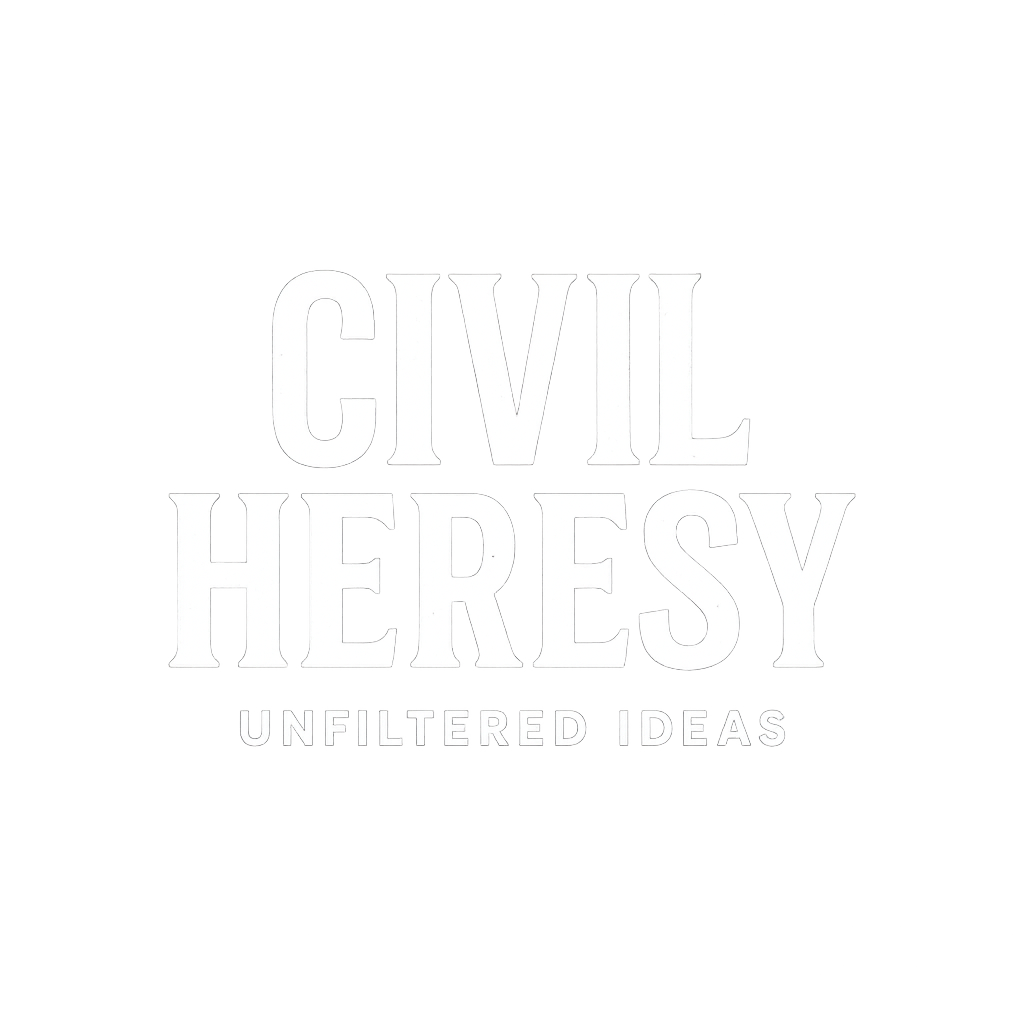
Empathy and compassion are the only traits that make our species truly worth saving. Without them, we’re little more than intelligent animals with the tools to destroy ourselves. So why has the world, after all this time—after so much suffering—still not recognized this truth? Why do we keep repeating the same cycles of hate, violence, and blind allegiance to ideologies that erase our humanity? And more importantly—can we still do something about it?
These questions haunt me, especially when I look at the Israeli-Palestinian conflict. It’s not just a war over land—it’s a war over memory, trauma, religion, identity, and fear. And yet, most people—particularly here in the U.S.—don’t truly understand it. They take sides based on headlines, slogans, or social media posts, rarely grasping the deep, painful history beneath it all. It’s not just politics; it’s the tragic story of two peoples, both indoctrinated over generations by fundamentalist leaders, taught to see the other not as a neighbor, but as an existential threat.
Stand with this blog’s message—share it widely, join the discussion, and wear it boldly.
It is a bitter irony that these are descendants of the same patriarch—Abraham—now torn apart like Cain and Abel. They are brothers who have been taught to hate in the name of love, to kill in the name of God, to fight over land as if the soil itself were sacred rather than the lives that walk upon it.
Today, we see two nations, two traumatized peoples, trying to annihilate one another—not just with bombs and bullets, but with rhetoric, with erasure, with silence. Empathy doesn’t stand a chance. No one is even trying. Each side clings to the past so fiercely that they’ve turned it into a prison. The wounds have become identities, and any attempt to understand the other is treated as betrayal.
And we see this same sickness mirrored here, in our own society. People taking sides on an issue they barely understand. Friends cutting off friends over talking points. Opinions hardened not by knowledge or lived experience, but by outrage, tribalism, and echo chambers. Even among Jews around the world, there is deep division. Some stand firmly with Israel’s right to exist. Others condemn Zionism as a betrayal of Jewish values and as a danger to Jews globally. These are not anti-Semites—they are Jews, haunted by the lessons of history, refusing to let the suffering of their people be used to justify the suffering of another.
And among Palestinians—let’s be clear—not Hamas, not Hezbollah, but ordinary people—there is yearning, not for revenge, but for peace. For dignity. For the right to live without tanks at their borders or drones in the sky. They are not pawns of terror; they are human beings, caught in a nightmare they did not choose.
It’s vital to understand where this nightmare began—not with rockets or bombings, but with a decision in 1947, when the UN General Assembly voted to partition British-controlled Palestine into Jewish and Arab states. At the time, the land was home to a majority Arab Palestinian population, with a significant and ancient Jewish presence. The decision was driven not by colonial whim, but by the horrors of the Holocaust and the mass displacement of Jews across Europe and the Middle East. It was a desperate attempt to give a people who had been hunted, exiled, and murdered a place to call home.
But that decision came at the cost of another people’s home. The Arab world, rather than acknowledging Jewish trauma, responded with war, not compassion. And now, decades later, we see the tragic symmetry of history: a Jewish state, born from atrocity, has forgotten its own suffering in its treatment of Palestinians. The oppressed have become the occupiers. The exiled, now the gatekeepers.
And through it all, we fail to learn. We fail to listen. We fail to feel.
What’s missing isn’t just a political solution. It’s moral imagination. It’s the ability to see someone else’s child as your own. To acknowledge that your enemy is a human being with fears and hopes not unlike yours. That is what’s gone missing—and until we recover it, peace will remain an illusion.
I’m reminded of a powerful line from the film Kingdom of Heaven, spoken by Balian of Ibelin during the siege of Jerusalem:
“We fight over an offense we did not give, against those who were not alive to be offended. What is Jerusalem? Your holy places lie over the Jewish temple that the Romans pulled down. The Muslim places of worship lie over yours. Which is more holy? The Wall? The Mosque? The Sepulcher? Who has claim? No one has claim. All have claim.”
That’s the heartbreaking truth of it. All have claim. All have suffered. And until we recognize that—until we stop choosing sides and start choosing humanity—this war, and others like it, will never end.
Stand with this blog’s message—share it widely, join the discussion, and wear it boldly.
Further reading:
The Hundred Years’ War on Palestine – Rashid Khalidi
A definitive history of the Israeli-Palestinian conflict, exposing a century-long colonial war against the Palestinian people.
https://civilheresy.com/The hundred years war
My Promised Land: The Triumph and Tragedy of Israel – Ari Shavit
A deeply personal narrative exploring Israel’s founding, struggles, and the moral dilemmas of a nation born from persecution.
https://civilheresy.com/my promised land
The Ethnic Cleansing of Palestine – Ilan Pappé
An unflinching account by an Israeli historian detailing the events of 1948 and the forced displacement of Palestinians.
https://civilheresy.com/ethnic cleansing
